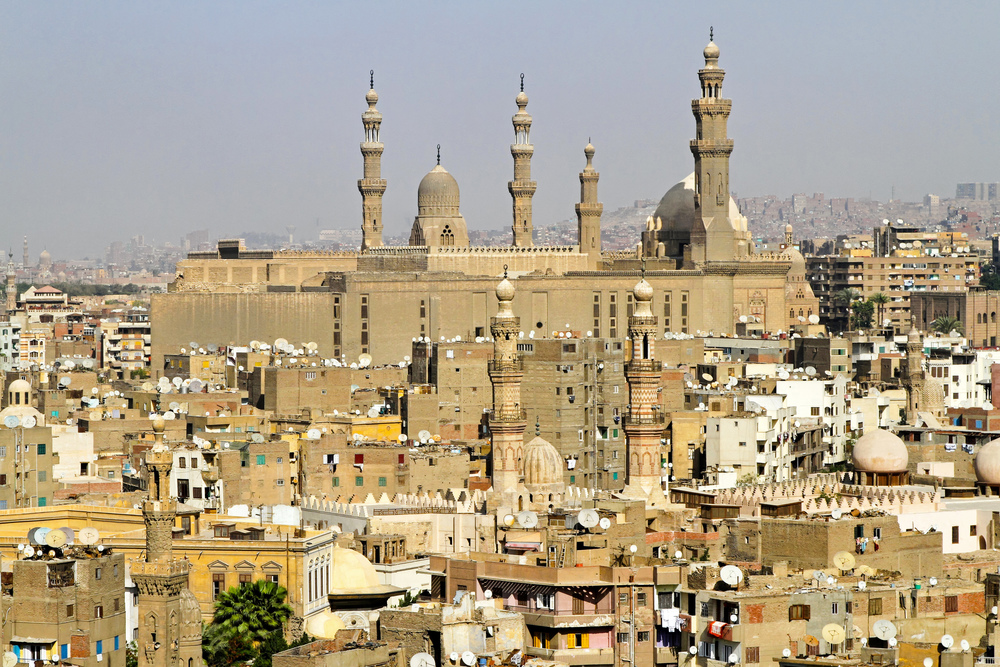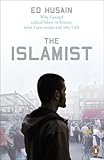
Before Jan 25, mosques had been hunting grounds for the MB. In the post-Jan 25 days, mosques evolved to become a place where they can meet, organize, mobilize, campaign, and more recently, treat fallen followers, count bodies and hide leaders. They also become the scene of political squabbles. At the time of the controversial Islamist-backed constitution, there were dueling campaigns to 1) challenge imams who used their sermons to support Morsi/the constitution (نزله من المنبار, “Get him down off the minbar”) or 2) physically restrain worshippers who challenged the imam (ربته في العمود, “Tie him to a column”).
The last thing the Brothers needed, after the eventful summer they’ve had, was to have their comfort zone fall back under government control and, now, the perked ears of pro-military residents, who would report an imam faster than he could compare what soldiers did to Muslims protesters in Raba’a al-Adaweya to what they haven’t done to the Jewish soldiers in Israel.
With the Ministry of Awqaf (Religious Endowments) resolved to tighten its grip on mosques by passing a number of laws to substitute the much-criticized MB monopoly over religion with its own, many lips had been chewed and prayers for patience muttered.
Now there is a noticeable change in the khutbah (friday sermon). For the most part, it is shorter, just like the minister wanted (because the men have other things to tend to) and no longer connected to politics, not even by way of metaphors or anecdotes. A considerable number of imams have been contacted by the ministry and told specifically to stay off politics or else they might be considered a national security threat, inciting violence and possessing illegal weapons. Many imams sense danger and have begun self-censoring in case a housewife cooking in a nearby building hears the khutbah and doubts their patriotism, or in the not-unlikely-event that one of the new faces in the crowd turns out to be an informant.
Even though the great majority of MB imams have kept fiery sermons to a minimum and seem to have contented themselves with neighborhood night marches against the military in the meantime, some allow themselves a fit of rage and lead a protest out of mosques, three times a week, in areas too densely populated for police officers to be coaxed into visiting, like Ain Shams.
“You can tell (the MB supporters) are unhappy when they hear me preach about patience and generosity rather than comment about the situation,” said licensed Sheikh Emad, who is not Amr Moussa or something and should not be expected to talk politics. In the past month, Sheikh Emad was heckled out of his Ain Shams mosque when he tried to close it between prayers (another ministry rule).
But the fact remains that there are well over a 100 thousand mosques in Egypt and about half of them are manned by state-approved Azhar graduates. The rest are freelancers. The feared anti-military extremists can be either one of them. The new Awqaf minister has suspended the license-to-preach of all freelancers, said the must re-apply, and that only Azharis — as representatives of middle-of-the-road, official sanctioned Islam — will get one.
The ministry is also trying to limit the activities of zawiyas (unofficial very small neighborhood mosques). This may be why its list of four “conditions” regarding zawiya operation are closer to requests than rules. Laughable requests, according to Sheikh Gamal, a zawiya imam, shopkeeper, and occasional gas cylinder seller.
The conditions are that there be no (big) nearby mosque, or if there is one that it be full full; one can pray in a zawiya so long as it has a written permission to hold prayers or a licensed imam, as if people are going to walk in and ask for ID and licenses like a traffic cop. Anyway, what happens if people don’t abide by these conditions? What kind of legal consequences, if any, could one face for praying in zawiya?
For all its worth, most people under 45 like to skip the khutbah, if not physically, then mentally, and just wait for the iqaamah (the beginning of the prayer), Sheikh Gamal said with a knowing smile. Youngsters like to loiter by a kiosk and appear the moment the prayer starts in the back rows and the old sit inside and ponder life and prices.
The only people really listening to the khutbah now, Sheikh Gamal suspects, are those who wish they could deliver it and those who are there to make sure they don’t.

